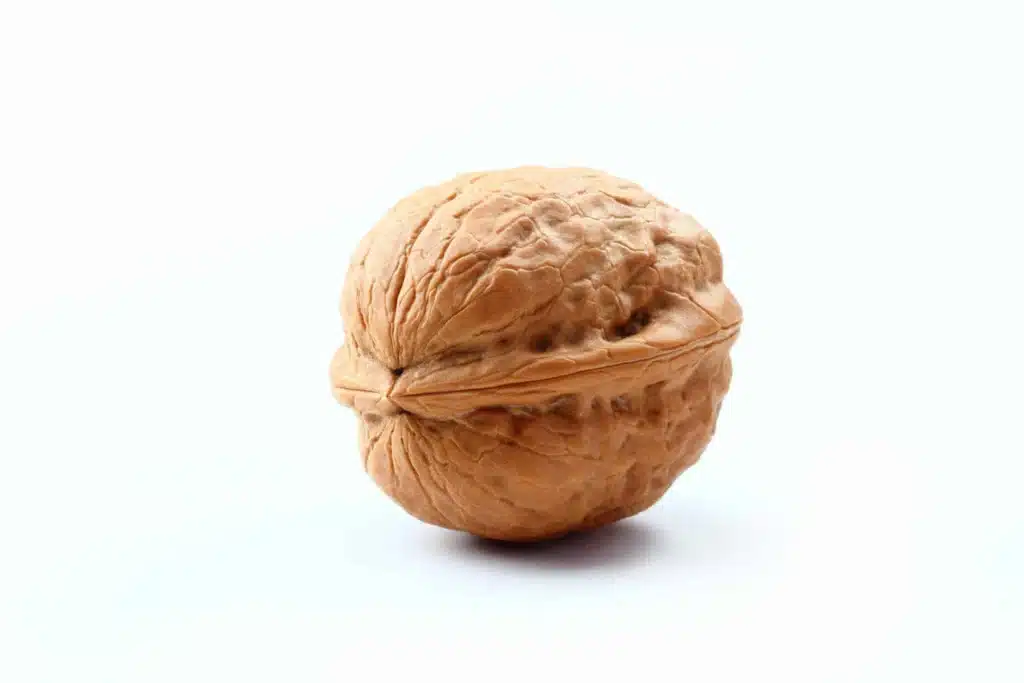The prostate is a walnut size gland which sits between the bladder and the penis, just in front of the rectum. Most men know where it is but are unsure of what it actually does, and what to do when it causes problems.
The prostate gland is part of the male reproductive system.
The word ‘prostate ‘is taken from the Greek expression meaning ‘one who stands before’ – which describes the position of the prostate in-front of the bladder. The prostate surrounds the top of the urethra, the tube that drains urine from the bladder.’ The primary function of the prostate is to produce the seminal fluid that nourishes and transports sperm in the semen during ejaculation.
As men get older the prostate tends to grow in size and this enlargement is caused by one or more of the three following conditions:
BPH (Benign Prostatic Hyperplasia) – a normal condition of ageing where an enlarged prostate gland puts pressure on the bladder and urethra causing:
• Difficulty starting urination
• A frequent or urgent need to urinate (particularly at night)
• Inability to fully empty the bladder
Prostatitis – Inflammation, and/or swelling, of the prostate gland which can sometimes be extremely painful and distressing.
Prostatitis can be severe and come on suddenly (acute), often caused by a bacterial infection and requires immediate treatment with antibiotics, this though is rare but can be potentially life-threatening.
More commonly Chronic Prostatitis is seen in General Practice where the patient complains that symptoms come and go over several months, including pain in the groin, pain when passing urine with a frequency or urgency to urinate, the cause is often unknown.
Prostate Cancer – The most common cancer in men in the UK and one of the easiest to treat if caught early. It is usually slow to develop so there may be no signs for many years until the prostate is large enough to affect the urethra causing an increased need to pass urine and a feeling that the bladder is not fully emptied.
Many of the initial symptoms of these three conditions, BPH, Prostatitis and Prostate Cancer overlap and therefore none of the symptoms, should ever be ignored; a medical check with the Doctor is always encouraged.
Many men are very cautious when seeking medical help with urinary problems often due to embarrassment but also fearing what the Doctor may find, and what tests or examinations may be performed, so it’s useful to understand what to expect when attending for an appointment to discuss urinary problems.
The Doctor will usually start with:
• A full history, including any family history of Prostate cancer which may be very significant.
• Examination of the abdomen and rectum, the latter to ascertain if the prostate is enlarged
• A blood test known as the PSA – Prostate Specific Antigen Test, a sensitive, but not a very specific test, this means it will pick up any prostate issues, but the cause could be many things, BPH being the most common – many patients become concerned and anxious when the PSA is high but reassuringly it does not often indicate Cancer.
MRI Scan
If the PSA test does come back raised an MRI scan of the prostate may be offered to help decide if any further testing and treatment is required.
Biopsy
If suspicious areas are visualised on the MRI scan then a biopsy of the area will be taken of these.
There are two main types of biopsy:
• Transperineal ultrasound guided method, where a needle goes through the skin between the testicles and the back passage (the perineum).
• Trans- rectal ultrasound guided biopsy (TRUS), where a needle goes through the wall of the back
passage.
Prostate Cancer – Treatment
Prostate biopsy results will take at least 1 week, and treatment options will be discussed when they are received. Consideration is given to age, general health, PSA level, Gleason grade and stage of the tumour. Surgery, hormone treatment, chemotherapy and radiotherapy are all options that will be discussed, and the appropriate pathway chosen in conjunction with the patient and the stage of the cancer.
If the tumour is at low risk of progression, it may be more appropriate for the cancer to be monitored closely and treated only if there are signs of progression.
BPH
Treatment for BPH depends on the severity of symptoms and the effect on quality of life.
Simple treatments can include lifestyle changes, bladder training, medications that help to relax the muscle in the prostate gland, other options include simple surgery, and more invasive surgery if required.
Chronic Prostatitis
Treatment of Chronic Prostatitis is usually aimed at symptom control.
Depending on how long the symptoms have been present the following may be suggested:
• Painkillers, such as paracetamol or Ibuprofen
• A medication known as an Alpha-blocker to help to relax the muscles in the prostate gland and the base of the bladder, which improves urine flow
• Antibiotics
• A laxative, if passing stools is painful, (due to the close proximity of the rectum to the prostate)
The most important message to be taken from this is that prostate problems are common, particularly in men over 50 years, and early consultation with your Doctor is to be encouraged. If you are experiencing any of the symptoms mentioned and listed again here:
• The need to pass urine more frequently, particularly at night,
• The need to rush to the toilet
• Difficult starting to urinate
• Straining or taking a long time to pass urine
• Weak flow
• Feeling that your bladder has not emptied fully
• Blood in your urine or semen
#medicalpracticemarylebone #prostate #prostatecancer #cancer #menshealth #urology #prostatehealth #prostatitis #men #oncology #prostatecancerawareness #cancerawareness #erectiledysfunction #bph #trus #urologist #psa #privateclinic #privatedoctor #privategp #privategplondon #privatehealthcare #gpharleystreet #menshealth #harleystreet




